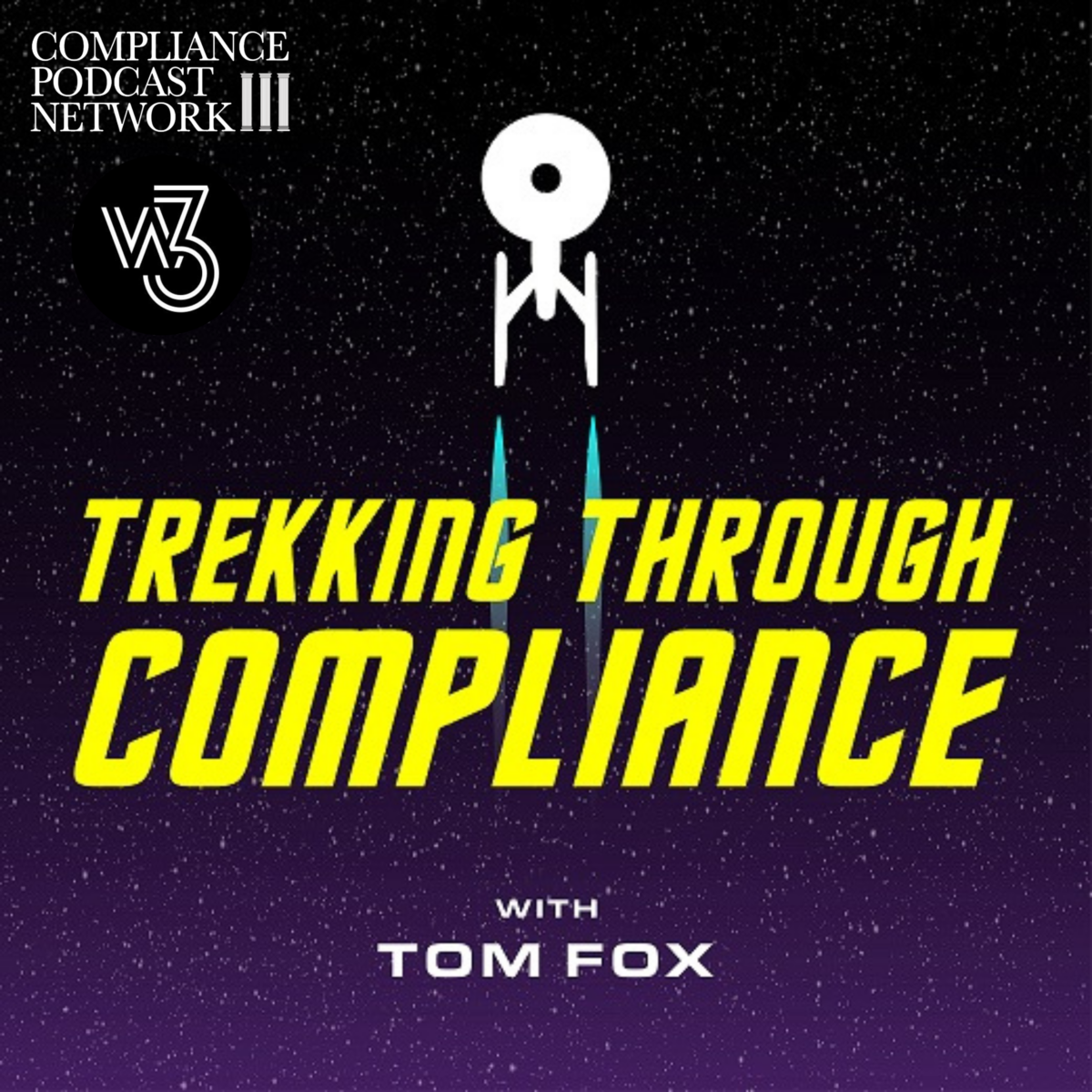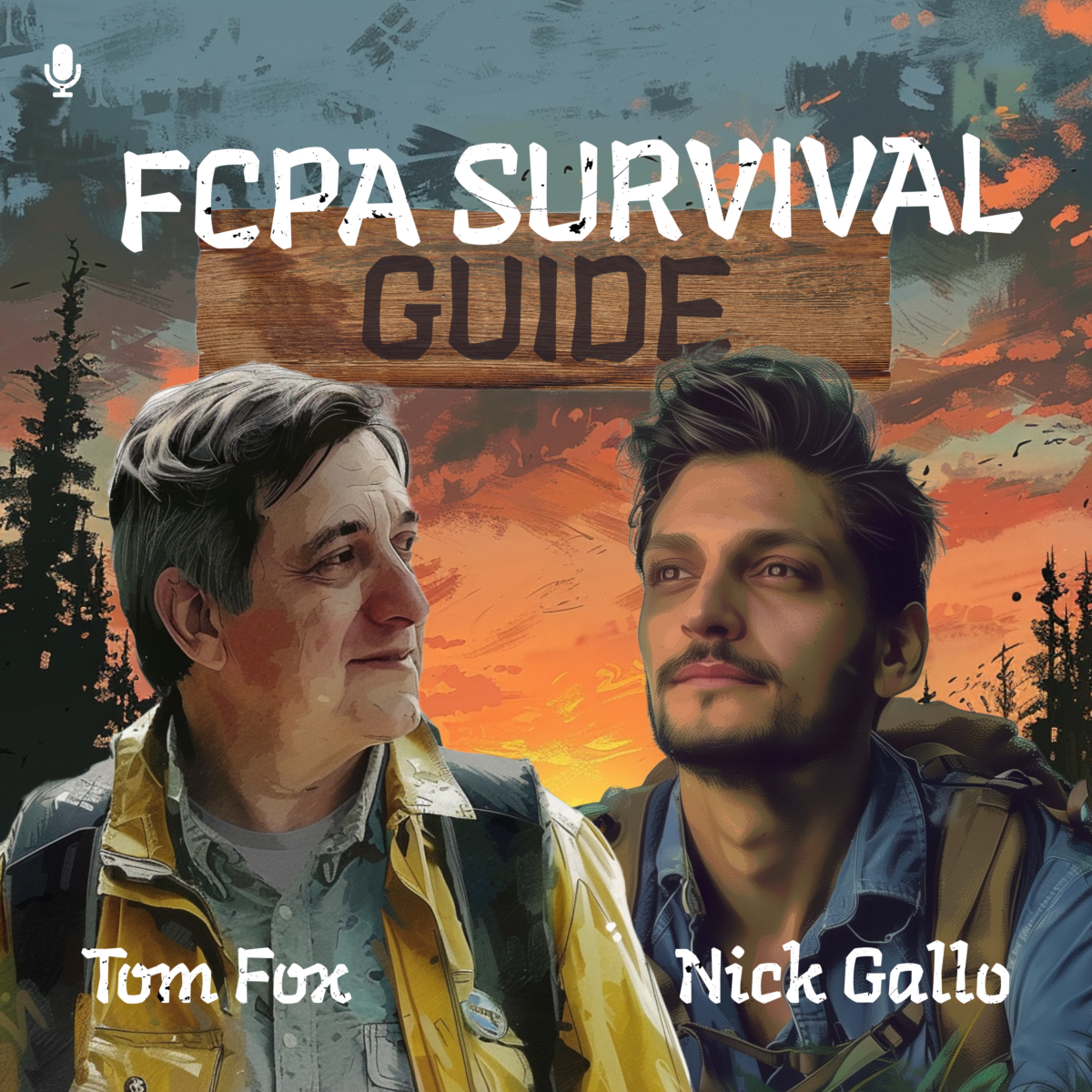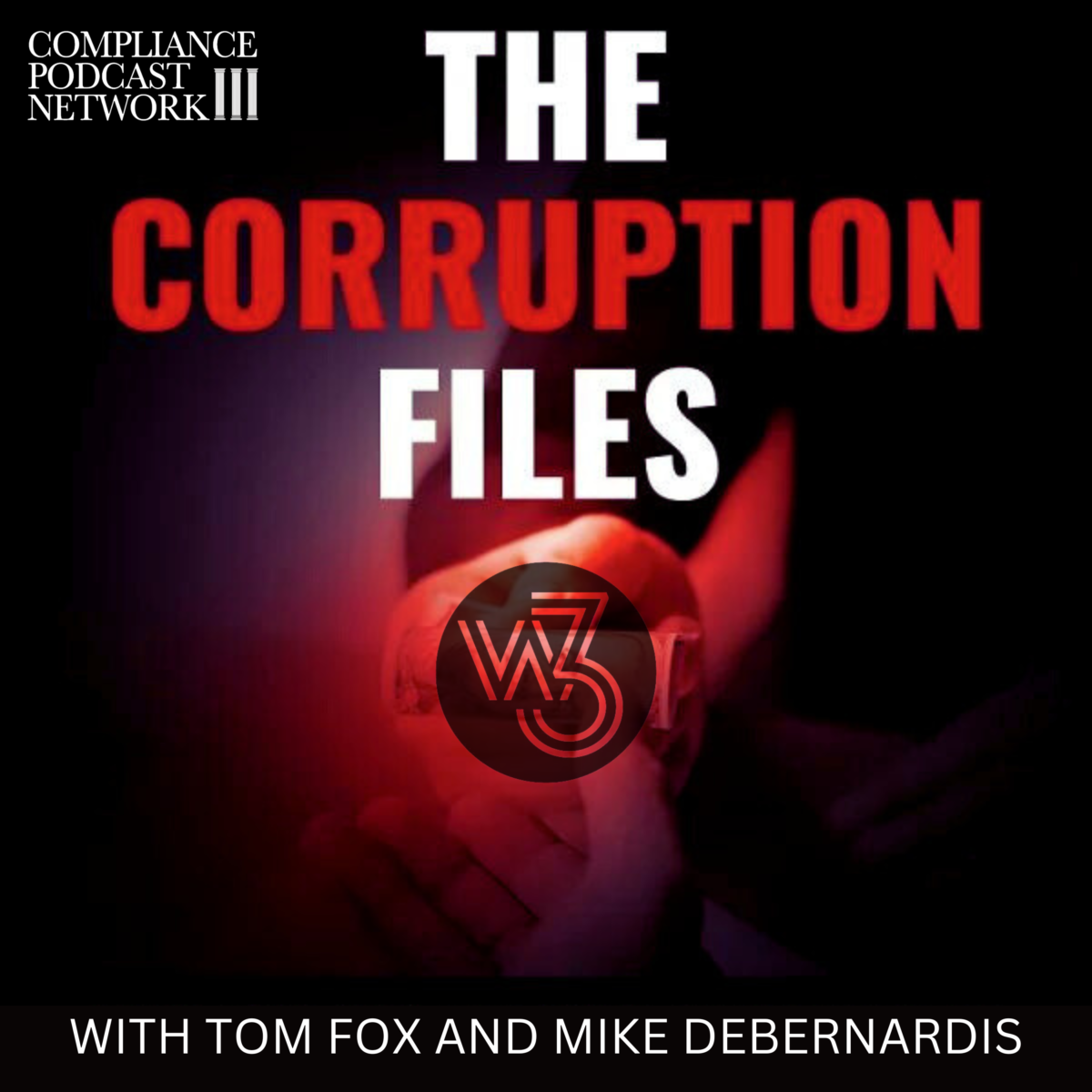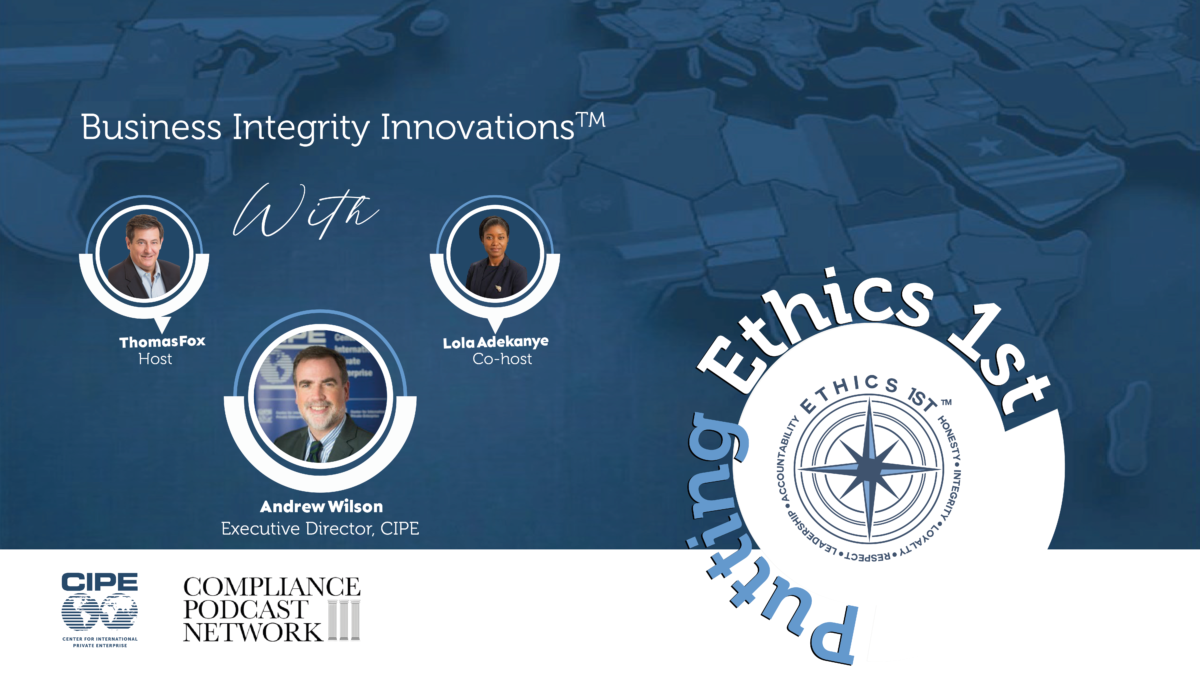In its proposed Plea Agreement, the Department of Justice (DOJ) lays out Boeing’s abject failures, which led the DOJ to conclude that the underlying Deferred Prosecution Agreement (DPA) from 2021 has been breached. The DOJ stated
- Boeing failed to fully satisfy the requirement to “create and foster a culture of ethics and compliance with the law in its day-to-day operations”;
- Boeing failed to fully satisfy the requirement to implement “compliance policies and procedures designed to reduce the prospect of violations of U.S. fraud laws and the Company’s compliance code”;
- Boeing failed to fully satisfy the requirement to implement “compliance policies and procedures designed to reduce the prospect of violations of U.S. fraud laws and the Company’s compliance code”;
- Boeing failed to fully satisfy the requirement to implement “compliance policies and procedures designed to reduce the prospect of violations of U.S. fraud laws and the Company’s compliance code” and
- Boeing failed to fully satisfy the requirement to appropriately develop and adjust “compliance policies and procedures based on a periodic risk assessment addressing the individual circumstances of the Company” [citations omitted]
As the victims’ families noted in their Objections to the Plea Agreement, “The Government told the Court that the Justice Department was “best positioned to implement the DPA and evaluate Boeing’s compliance with these rigorous requirements. The Fraud Section has compliance experts who routinely evaluate compliance programs and oversee corporate monitorships and self-reporting.” And Boeing chimed in with a similar tale, recounting that “DOJ has been vigilant and thorough. They’re professional, they probe, and they make suggestions, and as you would imagine, Boeing accepts those suggestions. Boeing has been vigilant and thorough, too. We sincerely believe the system is working and that any further monitor or examiner, reporting, would be duplicative to DOJ oversight and counterproductive to the processes that are operative now.” [citations omitted]
There was a major disconnect between what Boeing agreed to in the DPA, meeting its obligations under the DPA, and the DOJ oversight. The DOJ and Boeing want the district court to approve the same process for a Compliance Monitor in this Plea Agreement. The Plea Agreement states
Probation Condition – Retention of Independent Compliance Monitor. A condition of probation shall be that the Defendant retain an Independent Compliance Monitor, as provided in Paragraph 7(j). However, the probation condition is limited to the retention of the Independent Compliance Monitor—not oversight of the Independent Compliance Monitor or the Company’s compliance with the Independent Compliance Monitor’s recommendations. Instead, the Independent Compliance Monitor will report to and be overseen by the Offices. The Independent Compliance Monitor’s selection process, mandate, duties, review, and certification as described in Paragraphs 29-37 and Attachment D, and the Defendant’s compliance obligations as described in Paragraphs 7(k), 8 and 9 and Attachment C, are not conditions of probation. [emphasis supplied]
This means Boeing agrees to retain a Compliance Monitor only under this Plea Agreement. The DOJ is asking the court to allow it to fully oversee the monitor selection process and the ongoing work of the Compliance Monitor, with no other involvement or oversight, just as the DOJ did under the original DPA, when, at least according to the DOJ, the original oversight was such an utter failure it leads to this guilty plea.
According to the Plea Agreement, “the Independent Compliance Monitor will evaluate, in the manner set forth below, the effectiveness of the Company’s compliance program and internal controls, record-keeping, policies, and procedures as they relate to the Company’s current and ongoing compliance with U.S. fraud laws, particularly in connection with interactions with any domestic or foreign government agency, with a focus on the integration of its compliance program with its safety and quality programs as necessary to detect and deter violations of anti-fraud laws or policies, and take such reasonable steps as, in his or her view, may be necessary to fulfill the foregoing mandate (the “Mandate”). This mandate shall include an assessment of the Board of Directors and senior management’s commitment to, and effective implementation of, the corporate compliance program described in Attachment C of the Agreement as necessary to address and reduce the risk of any recurrence of the Company’s misconduct,”. Note that the Monitor will only ‘assess’ whether the Board and senior management are committed to such a program, not make it so.
What does this mean for the Monitor? This means that the Monitor will oversee Boeing’s integration of its ethics and compliance program with its safety and quality programs into a single system that treats safety and quality issues as defects in the corporate culture. This will occur while the Monitor oversees Boeing, creating and fostering a culture of ethics and compliance with the law in its day-to-day operations. Yet again, it will only happen with DOJ oversight of the entire process.
What is needed here is transparency. Unfortunately for the victims’ families and all other stakeholders in getting Boeing uprighted, this Plea Agreement does not bring the most effective disinfectant that can be brought to bear on corporate misconduct to the light of day.










